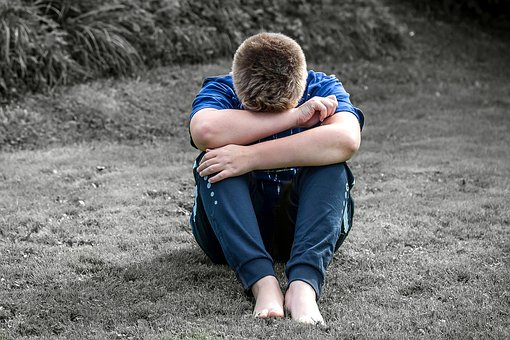
Helping Children Through Grief
It’s not only adults who struggle to cope with loss. When children are grieving the loss of a loved one they can go through a very difficult time too, however their experience may be different to that of an adult, so a different approach may be required.
How Do Children Experience Grief?
Of course, no two children experience grief in the same way, however for many young children the idea of death is often unclear, with the feelings they are experiencing being very new and raw. Some children believe that their lost loved one will come back, and this only leads to confusion, sadness, frustration and disappointment. Some may even feel guilty or that they are somehow to blame. Thinking this way leads to emotions such as anger and loneliness, and this can result in other problems such as anxiety, nightmares and depression.
How May Children Behave When Grieving?
When children are experiencing grief, they may act out with angry tantrums or by refusing to join in with activities. Some children may seem fine, but then go through emotional outbursts. Still others may appear completely normal on the surface, but are internalising their grief. Often, children will appear obsessive about the details of their loved one’s death and their funeral, telling the tale of how they died over and over again or talking about them constantly. Any and all of these behaviours are completely normal.
How Can I Help A Bereaved Child?
The first step to helping a grieving child is to have an honest conversation with them. Communicating honestly about what has happened to their loved one and what death really means. You can ask questions to find out what the child knows and correct any misinformation gently but honestly as well as addressing any concerns they may have, either about their own eventual death or the death of other people they know. It’s important to listen to what they have to say and deal with their anxieties seriously and honestly.
Spending Time Together
A grieving child needs to know that they aren’t alone. Of course, if they need to have some space then they should be given all the time they need, but they also need to be aware that there are adults around who are ready to talk to them, listen or just spend time with them. Showing a little physical affection will make the child feel safe and cared for.
Acknowledging Anxiety And Grief
Feelings of sadness, anger, guilt, confusion, frustration and fear is completely normal, and acknowledging those feelings in the child allows them to know it’s alright to have these emotions. Making the child feel comfortable to express their grief helps them to feel supported and “normal”.
Community Is Vital For A Grieving Child
Many children feel that they are isolated when they are going through bereavement. Spending some time with other children who are going through the same experience may be a good way to help them to gain a better understanding of what they are feeling while helping them to know they aren’t alone.
